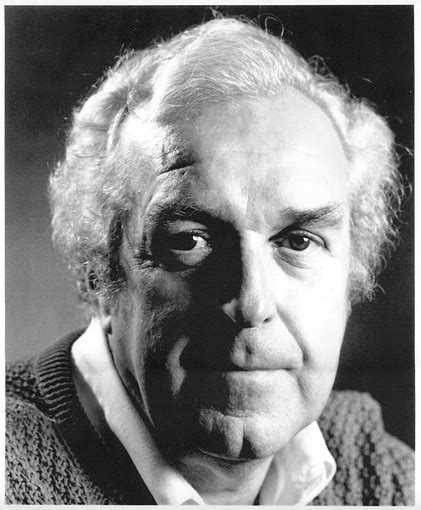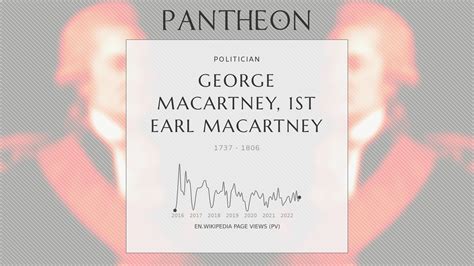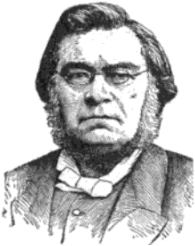A Quote by Donald Spoto
Avoid theatrical flourishes - the phrases that sound so damned good that they stand up and beg to be recognized as "good writing," and therefore must be struck from the text.
Related Quotes
We all have known good critics, who have stamped out poet's hopes; Good statesmen, who pulled ruin on the state; Good patriots, who, for a theory, risked a cause; Good kings, who disemboweled for a tax; Good Popes, who brought all good to jeopardy; Good Christians, who sat still in easy-chairs; And damned the general world for standing up. Now, may the good God pardon all good men!
The rule is: the word 'it's' (with apostrophe) stands for 'it is' or 'it has'. If the word does not stand for 'it is' or 'it has' then what you require is 'its'. This is extremely easy to grasp. Getting your itses mixed up is the greatest solecism in the world of punctuation. No matter that you have a PhD and have read all of Henry James twice. If you still persist in writing, 'Good food at it's best', you deserve to be struck by lightning, hacked up on the spot and buried in an unmarked grave.
I'm pretty good at inventing phrases - you know, the sort of words that suddenly make you jump, almost as though you'd sat on a pin, they seem so new and exciting even though they're about something hypnopaedically* obvious. But that doesn't seem enough. It's not enough for the phrases to be good; what you make with them ought to be good too.
If you ever see young artists, and they're not sounding good, they sound good. They're good singers. They wouldn't be where they are if they didn't sound good. It's their nerves. Any time you see your favorite artist, and he's or she's screwing up or not hitting those notes, it's not because she can't hit it or she can't sing; he or she is scared.
I suppose I ought to think up some dramatic, quotable phrase for Public Information and the history books, but I'm damned if any of them come to mind. Besides, admitting the truth wouldn't sound too good. The truth, Russell, is that now the moment's here, I'm scared shitless. Somehow I don't think even Public Information could turn that into good copy.
With Orff it is text, text, text - the music always subordinate. Not so with me. In 'Magnificat,' the text is important, but in some places I'm writing just music and not caring about text. Sometimes I'm using extremely complicated polyphony where the text is completely buried. So no, I am not another Orff, and I'm not primitive.
If the state cannot be entirely composed of good men, and yet each citizen is expected to do his own business well, and must therefore have virtue, still inasmuch as all the citizens cannot be alike, the virtue of the citizen and of the good man cannot coincide. All must have the virtue of the good citizen - thus, and thus only, can the state be perfect; but they will not have the virtue of a good man, unless we assume that in the good state all the citizens must be good.




































